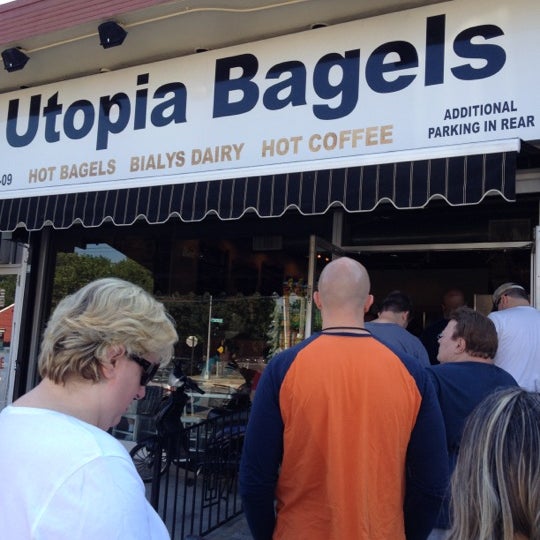


Did it also affect our quality of life? Also yes. So much unnecessary stress could have been completely avoided. The glimpses I’ve had of what my family’s finances actually are have shocked me. Because we lived so frugally, I was always under the impression that we were doing far worse than we were. Yes, even though there was usually no need. I worked part-time, sometimes two jobs at once, throughout college for my living expenses. I made a pittance but I managed to set most of it in savings while using the rest for spending and gas money (oldest sibling necessity). Other than babysitting, I got my first real job working at a chain of gift stores when I was 16 and loved it there. What was your first job and why did you get it? were off the table because he couldn’t stand spending the money. We were comfortably middle class and all of our essential needs were met, but sometimes school activities, dental work, new eyeglasses, etc. There was such a weird balance of what we were allowed to spend money on and what needed to be excessively justified. I just know that we lived far below our means. I know that my dad is an excellent budgeter and investor, but he’s never passed along those skills or shared anything about what our finances were like. Growing up, what kind of conversations did you have about money? Did your parent/guardian(s) educate you about finances?Ĭonversations about money were nonexistent. I feel extremely privileged that I was able to end school and start my career with no financial burdens. I quickly became a resident, so I qualified for in-state tuition and ended up graduating a semester early, which significantly reduced my costs. My parents didn’t have specific expectations for where I would go or what I would study, but they emphasized that I needed to be able to get a “return on investment.” I attended a public university out of state with the expectation that if my tuition and housing costs exceeded $100,000 I would be responsible for the debt. Was there an expectation for you to attend higher education? Did you participate in any form of higher education? If yes, how did you pay for it? Work Parking: $26 (taken out of my paycheck automatically)Īmazon Prime Student: $7 (I loan this out to family and friends in exchange for streaming services.)Ĥ01(k): $333 (I’m maxed out at 8% of my paycheck.) I’ve offered to reimburse them, but they haven’t taken me up on it yet, so I can grow my savings.) Health & Dental Insurance, Phone & Car Insurance: $0 (I’m still on my parents’ plans. Utilities & Internet: $0 (These are included in the rent for the first term of my lease.) Rent: $490 (I share a three-bedroom apartment with two roommates.) Today: a copywriter working in higher education who makes $50,000 per year and spends some of her money this week on Utopia Avenue by David Mitchell. We’re asking real people how they spend their hard-earned money during a seven-day period - and we’re tracking every last dollar. Welcome to Money Diaries where we are tackling the ever-present taboo that is money.


 0 kommentar(er)
0 kommentar(er)
